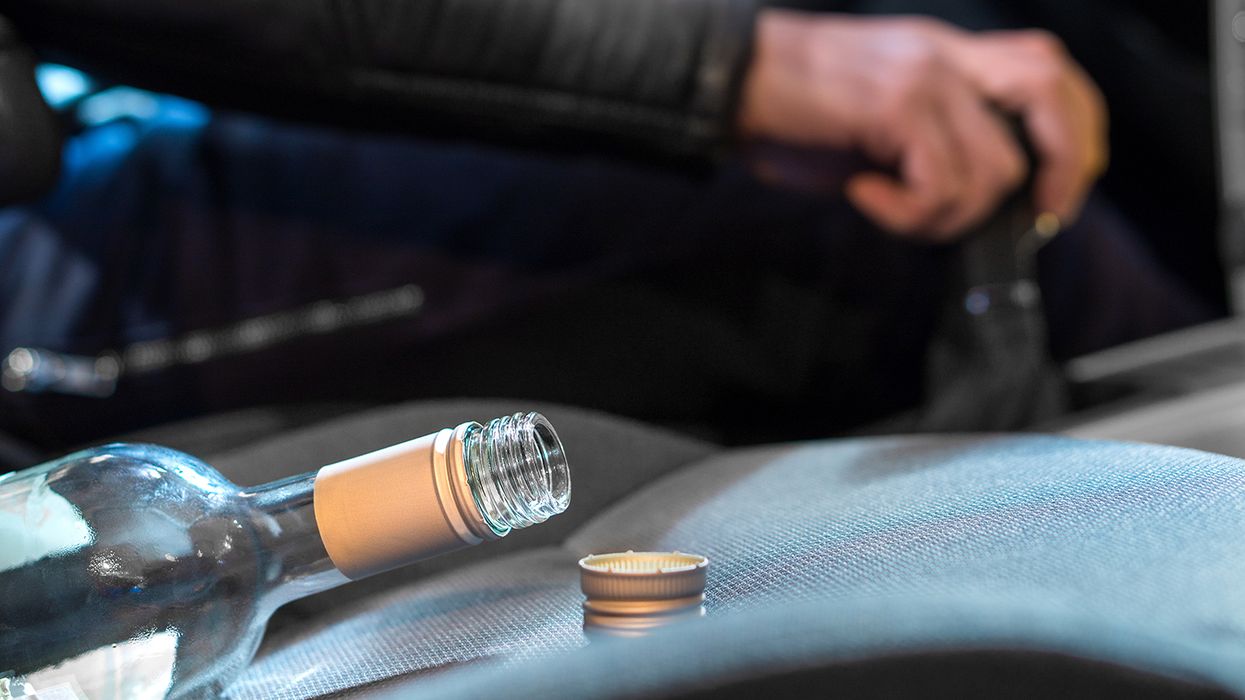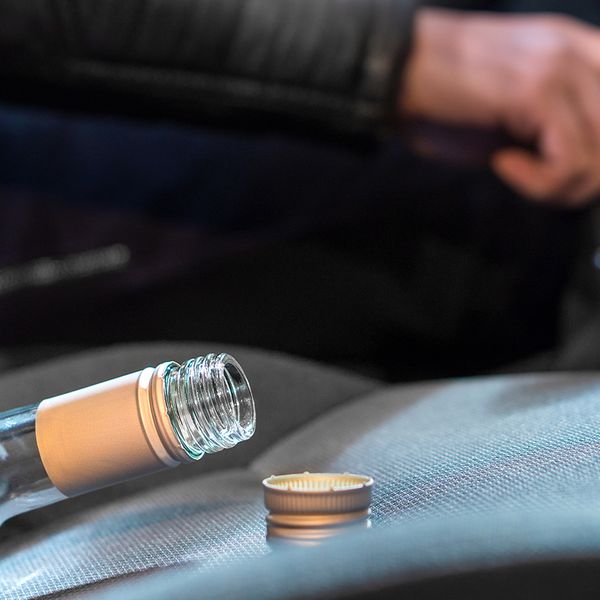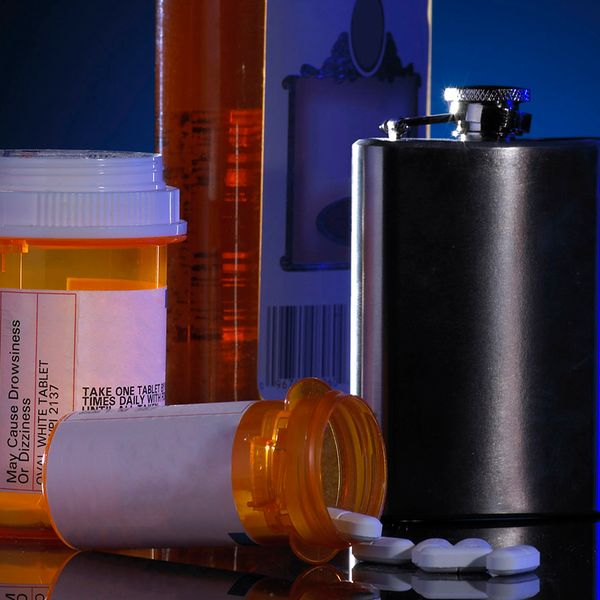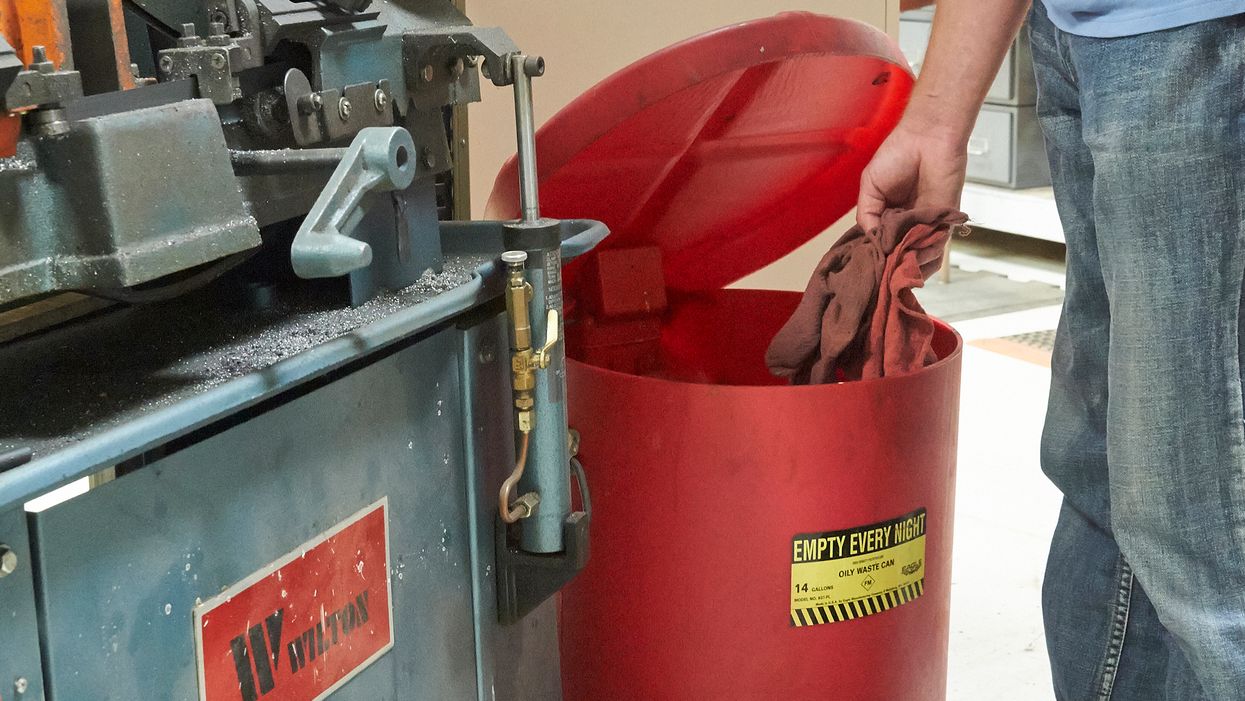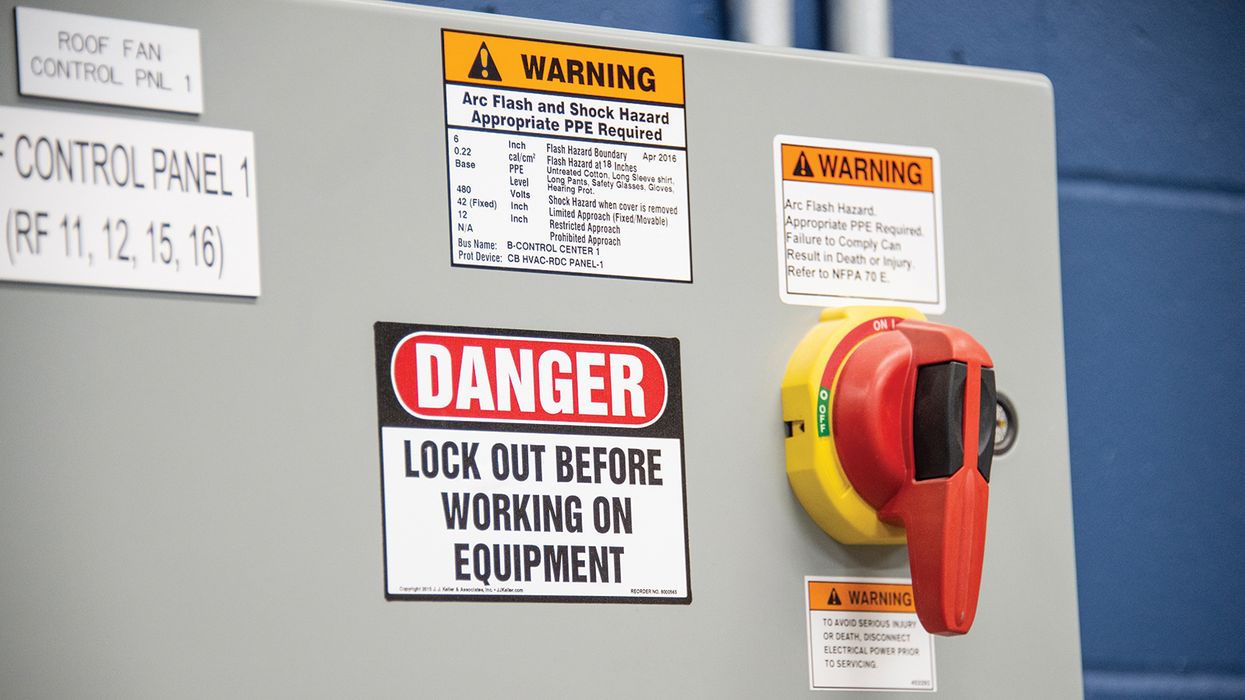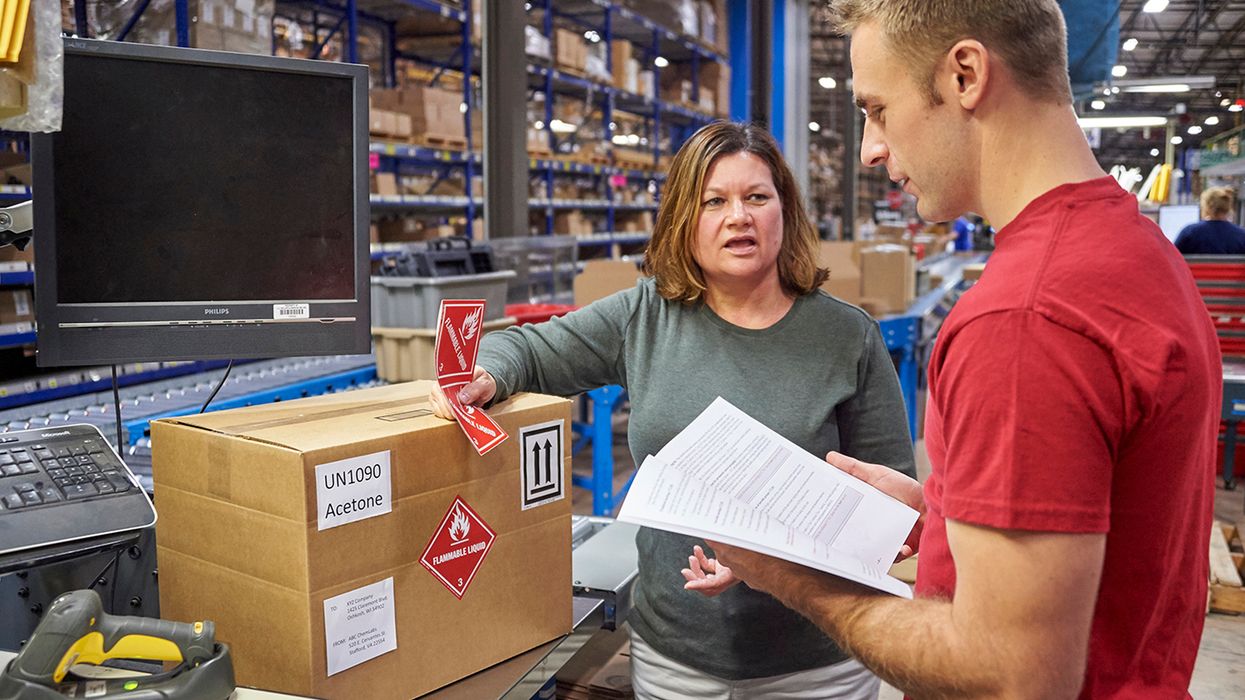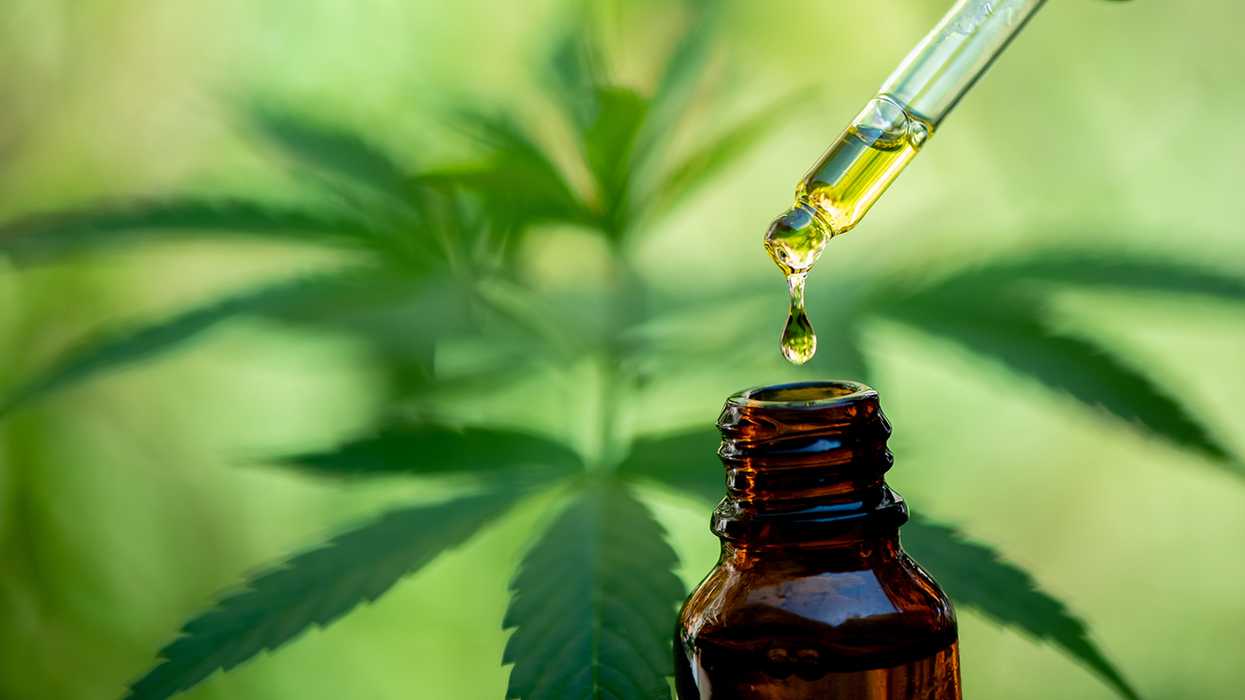What are the consequences of committing a drug or alcohol violation in a personal vehicle?
A question we are often asked is how motor carriers should respond when one of their drivers commits a drug or alcohol violation, such as drunk driving, while driving a personal vehicle. The answer is a bit counter-intuitive.
Not a Part 382 violation
Many believe that drivers who are cited for a DUI or DWI lose their commercial driver’s licenses (CDLs) or commercial learner’s permits (CLPs) and are reported to the Drug and Alcohol Clearinghouse. However, a drug or alcohol violation in a personal vehicle does not qualify as a violation under Part 382, and therefore it should not be reported to the Clearinghouse. In addition, this type of violation does not count as actual knowledge. The definition of actual knowledge in 382.107 specifies that only an employer’s knowledge of a driver’s “traffic citation for driving a CMV while under the influence of alcohol or controlled substances” is considered “actual knowledge.” Again, if the offense happens in a personal vehicle, it is not subject to Part 382 drug and alcohol testing regulations.
Part 383 consequences
That doesn’t mean that there aren’t any consequences for a driver who receives a citation in a personal vehicle, though. According to 383.51, a CDL or CLP holder convicted of operating any motor vehicle (work or personal) while under the influence of alcohol or drugs is disqualified. A first offense disqualifies a CDL or CLP holder from operating a CMV for one year. A second conviction disqualifies the driver for life.
A non-CDL driver is not disqualified from driving a CMV, unless the conviction leads to a suspension or revocation of the driver’s license, in which case the driver is not allowed to drive any type of vehicle until the driver’s license is reinstated.
Additional consequences
A related question we are asked is whether the carrier must terminate the employment of a driver who is convicted of driving under the influence of drugs or alcohol while in a personal vehicle. The Federal Motor Carrier Safety Regulations (FMCSRs) don’t address employment status, so there is nothing in the FMCSRs that require a carrier to fire a driver for a drug or alcohol offense. Additionally, there is no DOT-mandated evaluation by a substance abuse professional (SAP) or a DOT-required return-to-duty process for drivers who commit a violation in a personal vehicle.
That’s not to say that a motor carrier can’t take a firmer stance, however. A motor carrier can choose to have its own consequences for drug and alcohol violations that are committed in a personal vehicle spelled out in its company policy. For example, a carrier can require any drivers who commit this kind of violation to undergo a non-DOT substance abuse evaluation or non-DOT return-to-duty process, or the carrier can have a zero-tolerance policy and fire drivers for drug and alcohol violations in personal vehicles. If your carrier opts to go this route, it’s important to talk to an employment lawyer in your state to make sure that such a policy doesn’t violate state employment law.
Even though the consequences can be different for an alcohol or drug violation committed in a personal vehicle than they are for the same violation committed in a CMV, the bottom line is that both Parts 382 and 383 aim to keep impaired drivers off the road.
Key to remember: A CDL driver who commits a drug or alcohol violation in a personal vehicle is not subject to Part 382 consequences but is disqualified from driving any CMV for a period of time by Part 383.

